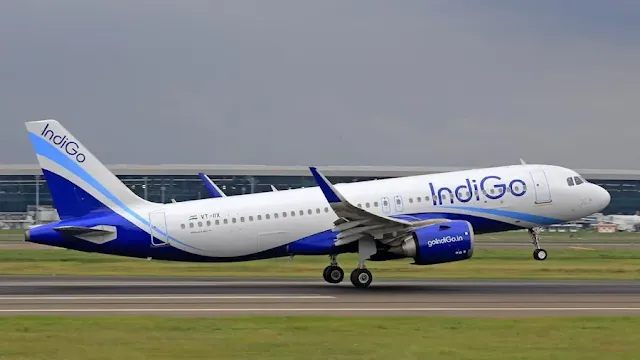In India, coconuts hold deep cultural and religious significance, often carried for pooja ceremonies or family traditions. However, their high oil content makes them a potential fire hazard, leading to strict airline and airport regulations. Last Diwali, while planning a trip from Chennai to Mumbai, I wanted to bring coconuts for a family ritual but was confused by conflicting airline rules. This experience prompted me to research the guidelines for carrying coconuts on flights. This article clarifies whether you can bring coconuts on Indian domestic and international flights and offers tips for a hassle-free journey.
Table of Contents
Domestic Flights Within India
Coconuts, particularly dry coconut (copra), are prohibited in both hand luggage and checked luggage on Indian domestic flights due to their high oil content, which poses a fire hazard. The Bureau of Civil Aviation Security (BCAS) classifies copra as a dangerous good because of its low flash point, making it highly combustible. Whole coconuts may also be restricted for similar reasons. Airlines like Air India and IndiGo enforce these rules strictly. Always check with your airline before packing coconuts. For more on restricted items, visit BCAS guidelines.
International Flights to and from India
Carrying coconuts on international flights involves additional complexities due to customs and biosecurity regulations:
Export from India
Indian airlines, such as Vistara, may allow whole coconuts in checked luggage, but restrictions on dry coconut (copra) apply due to fire risks. Always confirm with your airline and declare food items at customs to avoid penalties. See Vistara’s restricted items policy for details.
Import Regulations
Importing coconuts into other countries depends on their agricultural and biosecurity laws:
- United States: The U.S. Department of Agriculture (USDA) requires declaring coconuts, which may be inspected or confiscated to prevent pest introduction. Penalties for non-declaration can reach $1,000 for first-time offenses. Check USDA guidelines.
- European Union: EU countries have strict biosecurity rules, often requiring inspection or confiscation of coconuts. See EU biosecurity regulations.
- Australia and New Zealand: Both nations enforce stringent biosecurity measures, often prohibiting fresh coconuts. Check Australia’s biosecurity page or New Zealand’s MPI website.
Practical Tips for Traveling with Coconuts
To navigate coconut restrictions, follow these tips:
- Check Airline Policies: Review baggage rules on airline websites like Air India or IndiGo before packing.
- Declare at Customs: Always declare coconuts at customs to avoid fines or confiscation, especially on international flights.
- Opt for Packaged Products: Sealed, retail-packaged coconut products (e.g., desiccated coconut) are safer and less likely to be restricted.
- Use Secure Packaging: If allowed, pack whole coconuts securely in checked luggage to prevent leakage or damage.
- Research Destination Rules: Check the biosecurity regulations of your destination country to ensure compliance.
While whole coconuts may be permitted in some cases, dry coconut (copra) is generally banned due to its flammability. Sealed coconut products often pass security checks more easily. For additional insights, see Quora discussions or Reddit threads.
Frequently Asked Questions
Can I bring coconuts on a plane?
Coconuts are generally prohibited on Indian domestic flights due to their high oil content, posing a fire hazard. For international flights, check airline and destination country rules.
Is dry coconut allowed in checked luggage?
Dry coconut (copra) is banned in checked and hand luggage on Indian flights due to its flammability. Always confirm with your airline.
Is pooja coconut allowed in flight?
Pooja coconuts may be allowed in checked luggage on some airlines, but restrictions often apply. Check with airlines like Vistara or Air India.
Is coconut allowed in flight Vistara?
Vistara prohibits dry coconut due to fire risks but may allow whole coconuts in checked luggage. Confirm with Vistara’s policy.
How to carry coconut in flight IndiGo?
IndiGo bans dry coconut in all luggage. Whole coconuts may be permitted in checked bags if securely packed, but check IndiGo’s policy first.
Is Cricket Bat Allowed in Indian Flight?
Can You Bring a Soccer Ball on a Plane?
Why Is Chilli Powder Not Allowed on Flights?
Are Insulin Syringes Allowed on Airplanes?
Why is Jackfruit Banned on Flights?
Can You Carry Mangoes on Flights?
Can we carry silver utensils in a hand baggage?












